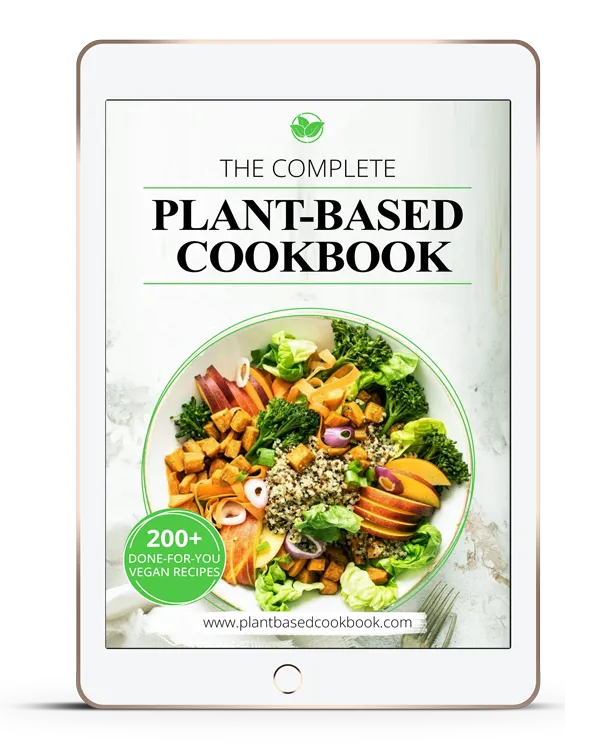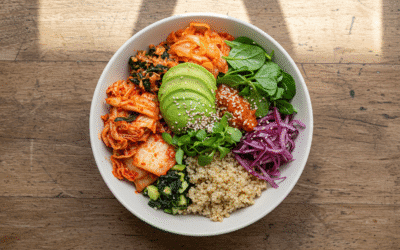Is your gut feeling sluggish lately — even though your diet hasn’t changed? If you’re dealing with bloating, irregularity, or that uncomfortable “heavy” feeling after meals, it might be your digestion trying to send a signal. And here’s the catch: even if you’re eating healthy, your digestion can still slow down for reasons you might not expect.
Let’s explore five surprising culprits behind sluggish digestion — plus what you can do today to feel lighter, more energized, and back on track.
1. You’re not chewing enough
It sounds basic, but chewing is a powerful first step in digestion. When you eat in a rush or multitask during meals, your body doesn’t have time to activate the enzymes that start breaking food down. The result? Heavier digestion and more bloating later.
Fix it:
Slow down. Try putting your fork down between bites and aim to chew each mouthful at least 20–30 times. Yes, really.
2. Your gut lacks key digestive enzymes
As we age — or after periods of stress, illness, or antibiotic use — our natural enzyme levels can dip. This makes it harder to digest certain foods, especially proteins, fats, and complex carbs.
Fix it:
Consider a high-quality digestive enzyme supplement. DigestSync is one option that supports healthy digestion by replenishing the enzymes your gut may be missing. It may help reduce bloating, support regularity, and boost post-meal energy.
3. Low stomach acid (yes, really)
Contrary to popular belief, many people with heartburn or indigestion actually have too little stomach acid, not too much. Without enough acid, your stomach can’t break down food properly — which slows digestion and increases fermentation (hello, gas and bloating).
Fix it:
Talk to your healthcare provider about testing stomach acid levels. In the meantime, try sipping warm lemon water or diluted apple cider vinegar before meals to gently stimulate acid production.
4. You’re not moving enough
Sitting too long (especially after meals) can reduce blood flow to your gut and make digestion sluggish. Gentle movement helps your body process food more efficiently and supports overall digestive motility.
Fix it:
Take a short walk after eating — even 10 minutes helps. Regular exercise also boosts metabolism and improves gut-brain communication.
5. Stress is wreaking havoc on your gut-brain axis
When you’re stressed, your body shifts into “fight or flight” mode, pulling resources away from digestion. That’s why chronic stress is linked to constipation, bloating, and other gut issues.
Fix it:
Make time daily for calm. That could mean deep breathing, stretching, journaling, or simply unplugging. And when your gut needs an extra nudge, supportive supplements like DigestSync can help regulate digestive function while your body finds balance again.

Why it matters
When digestion slows, it affects everything: how you feel after meals, how much energy you have, how your skin looks, and even your mood. By addressing these five root causes, you can start feeling lighter, clearer, and more in sync with your body — without having to overhaul your entire diet.
Need ideas for gut-friendly meals that go easy on digestion? Check out our post on 10 gut-healthy foods you should be eating more of for gentle, everyday options that support balance from the inside out.






